Islamic State hostages: was it wrong to impose a media blackout?
Alan Henning's brother says it was 'disgusting' that his family were virtually gagged over kidnapping
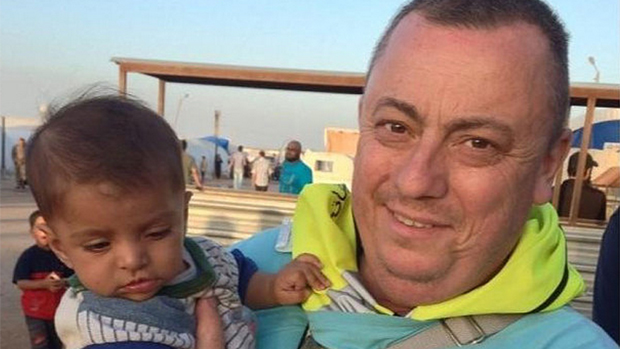
A free daily email with the biggest news stories of the day – and the best features from TheWeek.com
You are now subscribed
Your newsletter sign-up was successful
David Cameron has defended the decision to impose a media blackout over the British hostages held captive by Islamic State, despite criticism from the family of Alan Henning.
But two of his Conservative Party colleagues in Parliament have called for a review of the de facto policy of maintaining silence during a hostage situation.
Reg Henning, whose brother Alan was beheaded by IS militants, has said his family was virtually "gagged" for the nine months his brother was held captive.
The Week
Escape your echo chamber. Get the facts behind the news, plus analysis from multiple perspectives.

Sign up for The Week's Free Newsletters
From our morning news briefing to a weekly Good News Newsletter, get the best of The Week delivered directly to your inbox.
From our morning news briefing to a weekly Good News Newsletter, get the best of The Week delivered directly to your inbox.
He told The Guardian: "I think it's disgusting because if we had been able to talk and voice our opinions, I think the government may have stood up and listened more."
Cameron told BBC's North West Tonight: "The approach that we take, when these terrible things happen, is to work with the family, to try and find the hostages, but not to raise the media profile of an individual case because it can put that person at even greater risk."
Two Tory MPs, Rory Stewart and John Baron, have called for a debate on the pros and cons of such a media blackouts. "A healthy discussion between all interested parties as to government guidance can do no harm, particularly as a one-size-fits-all policy is unlikely to best suit all situations," said Baron.
Jamie Dettmer at the Daily Beast claims the silence on captives gives terrorists "tremendous propaganda power" when they reveal the prisoners about to be executed. "Openness would take away some of the control the jihadists have to administer shock as they go on killing," he says.
A free daily email with the biggest news stories of the day – and the best features from TheWeek.com
Colin Freeman, chief foreign correspondent for the Sunday Telegraph, who was once kidnapped in Somalia, says blackout requests generally come from the hostage negotiation teams rather than government.
The most obvious reason, he says, is that a huge publicity campaign to free a hostage can "backfire by convincing the kidnappers that they have a very high value prize, who should not be lightly released".
Another strong argument against publicity is that no one in the outside world knows what a hostage has told their kidnappers, says Oliver Wright in The Independent. For example, they might be claiming to be a different nationality to protect themselves or hiding a previous military service which could put them in greater danger if it emerged.
But Wright admits there have also been occasions when the opposite is true, such as when journalist Jon Swain was accused of being a spy by his kidnappers in Ethiopia precisely because his newspaper had not reported his disappearance.
"None of these dilemmas is easy," says Wright. "But they are dilemmas that should be in the public domain – even if the identities of hostages are not."
-
 The 8 best TV shows of the 1960s
The 8 best TV shows of the 1960sThe standout shows of this decade take viewers from outer space to the Wild West
-
 Microdramas are booming
Microdramas are boomingUnder the radar Scroll to watch a whole movie
-
 The Olympic timekeepers keeping the Games on track
The Olympic timekeepers keeping the Games on trackUnder the Radar Swiss watchmaking giant Omega has been at the finish line of every Olympic Games for nearly 100 years
-
 Why is Islamic State targeting Russia?
Why is Islamic State targeting Russia?Today's Big Question Islamist terror group's attack on 'soft target' in Moscow was driven in part by 'opportunity and personnel'
-
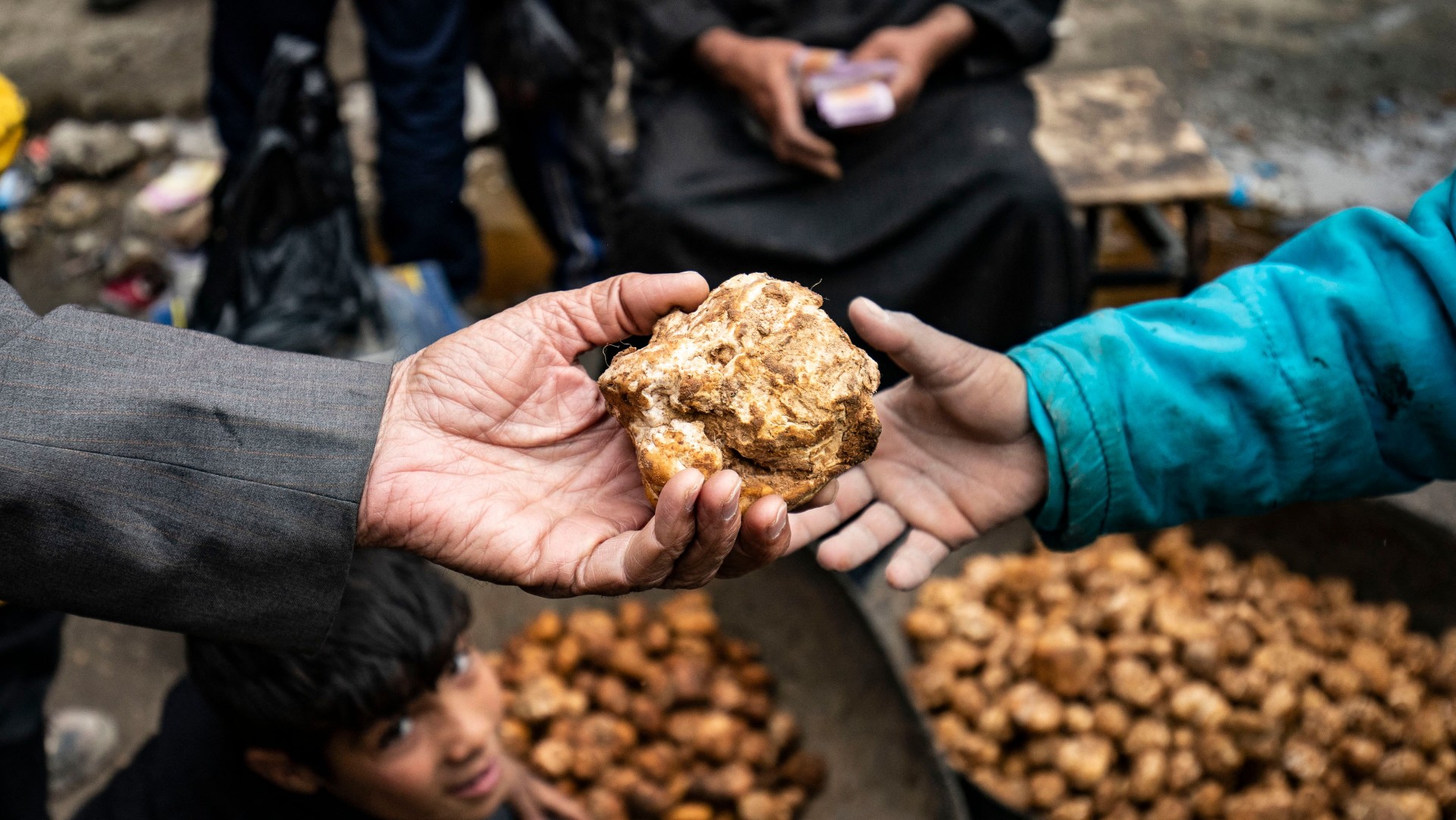 The deadly attacks on Syrian truffle hunters
The deadly attacks on Syrian truffle huntersfeature Islamic State suspected of targeting Syrians risking their lives to secure much-needed income
-
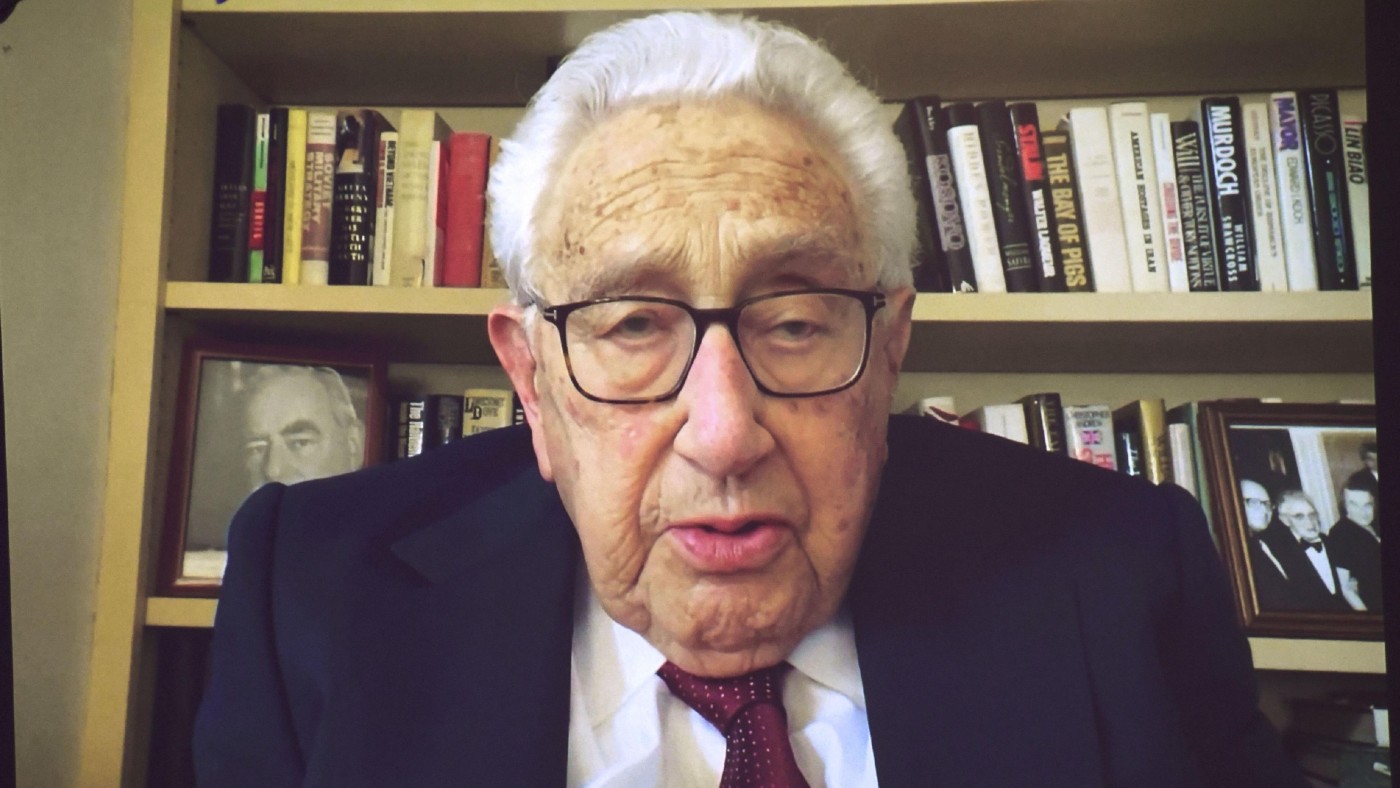 Is Henry Kissinger right about Ukraine?
Is Henry Kissinger right about Ukraine?Speed Read The US statesman made a controversial speech at a virtual Davos appearance last week
-
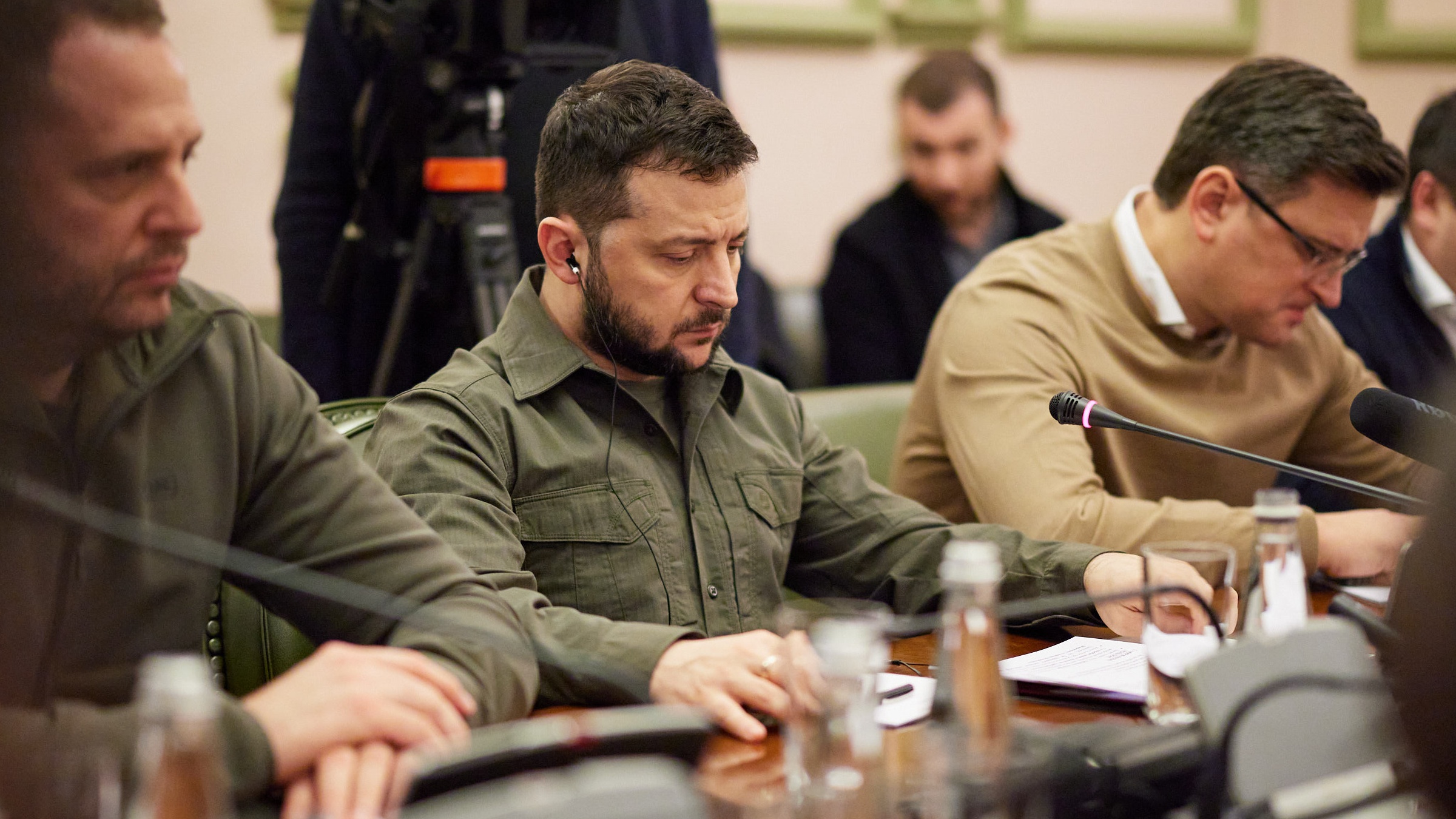 Volodymyr Zelenskyy refused evacuation as Russian hitmen ‘parachuted’ into Kyiv
Volodymyr Zelenskyy refused evacuation as Russian hitmen ‘parachuted’ into KyivSpeed Read Ukrainian president turned down opportunity to leave capital despite threat to life, adviser claims
-
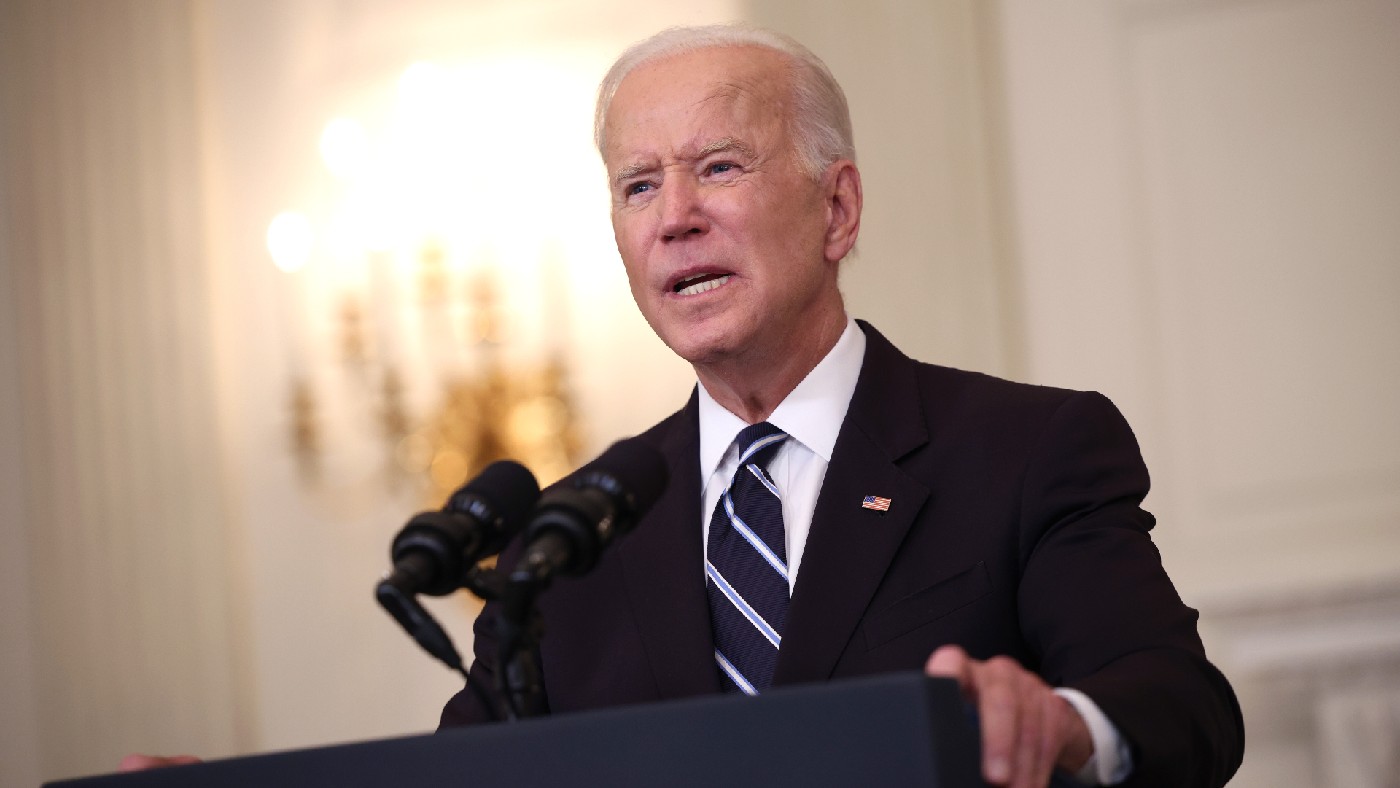 America’s withdrawal from Afghanistan: a retreat into isolationism?
America’s withdrawal from Afghanistan: a retreat into isolationism?Speed Read ‘In his selfish unilateralism’, Biden is no better than Trump, said The Daily Telegraph
-
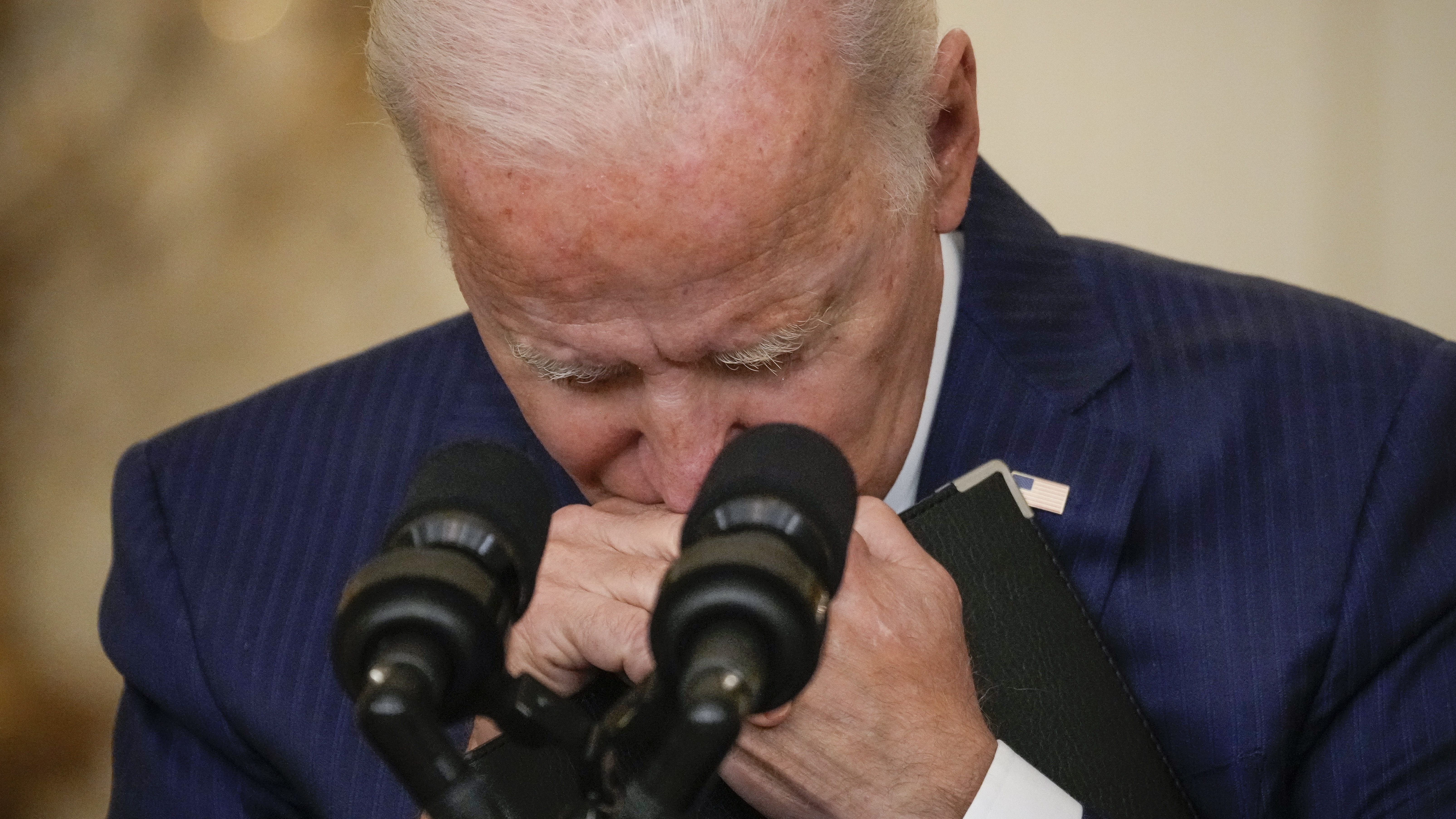 Will the Kabul bombing lock Joe Biden into a ‘forever war’ against Isis?
Will the Kabul bombing lock Joe Biden into a ‘forever war’ against Isis?In Depth President vows revenge against extremists following airport suicide attack
-
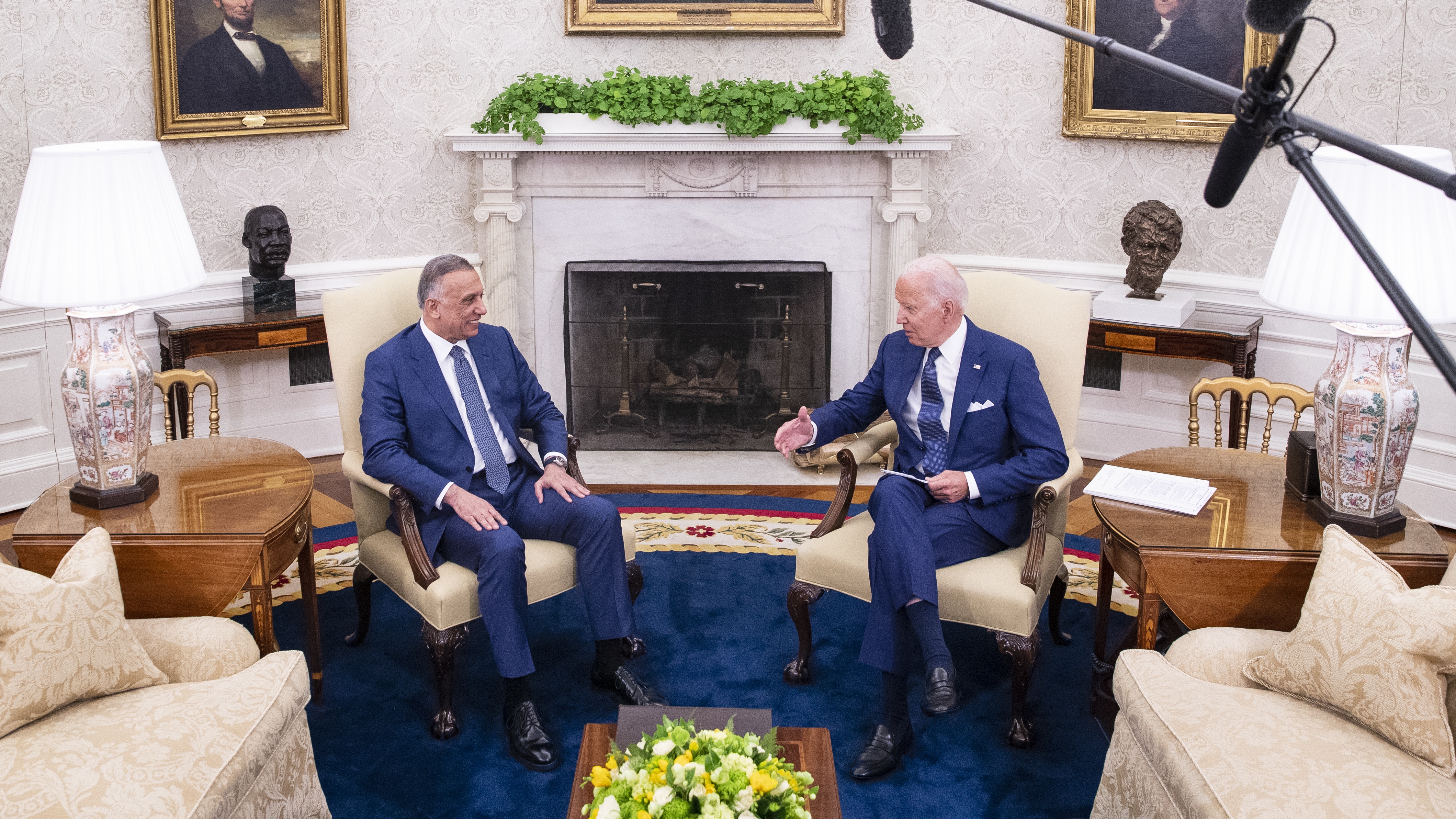 Does the withdrawal of US combat troops mean it’s ‘mission accomplished’ in Iraq?
Does the withdrawal of US combat troops mean it’s ‘mission accomplished’ in Iraq?In Depth President strikes deal with Iraqi PM to end two decades of fighting
-
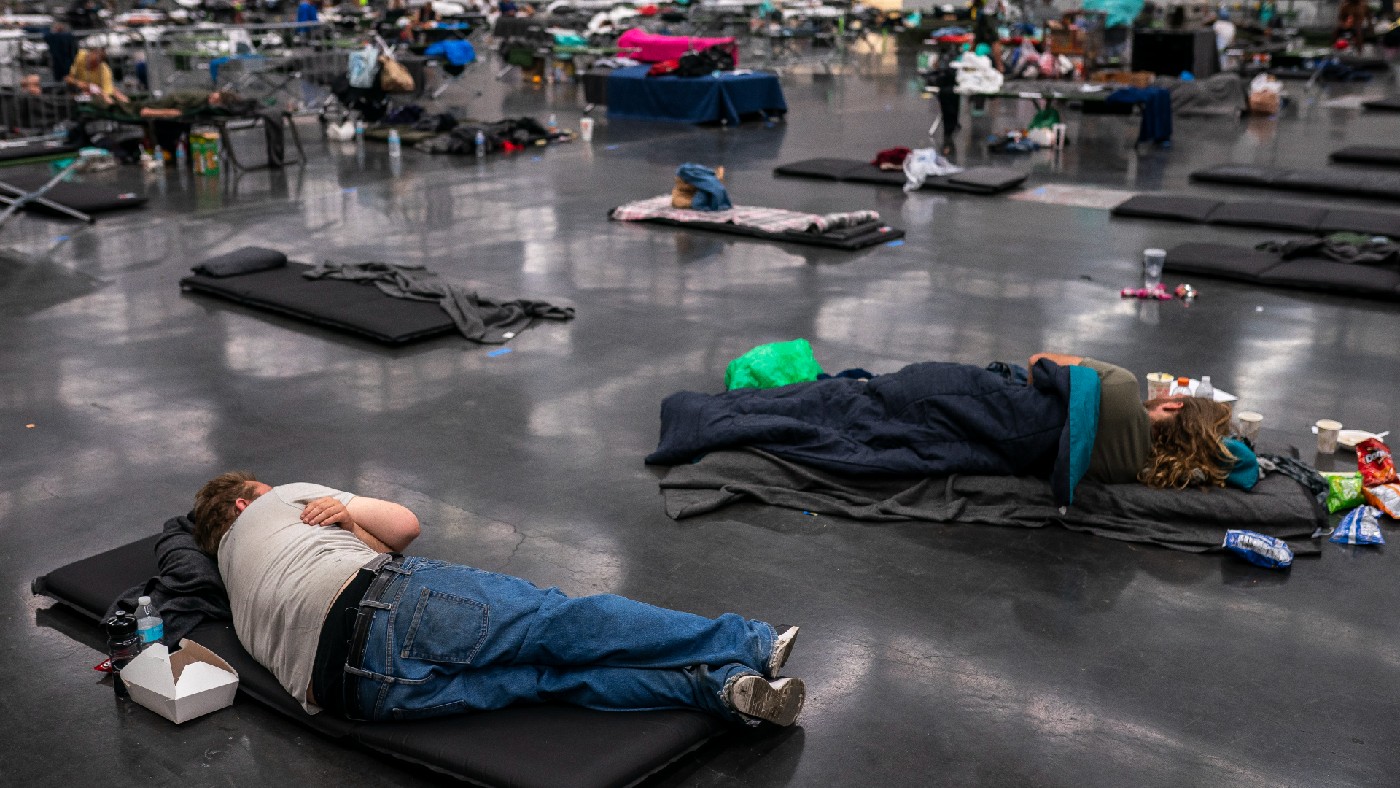 The ‘heat dome’: blistering temperatures in the Pacific Northwest should act as a wake-up call
The ‘heat dome’: blistering temperatures in the Pacific Northwest should act as a wake-up callSpeed Read People are used to hearing of record-high temperatures in desert states such as Nevada or Arizona, but not in verdant Washington and Oregon